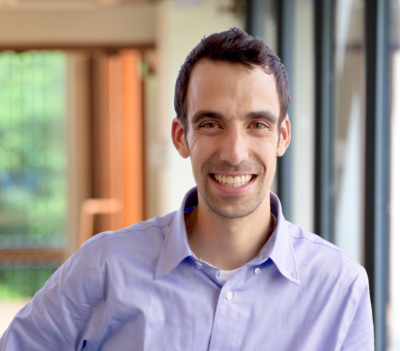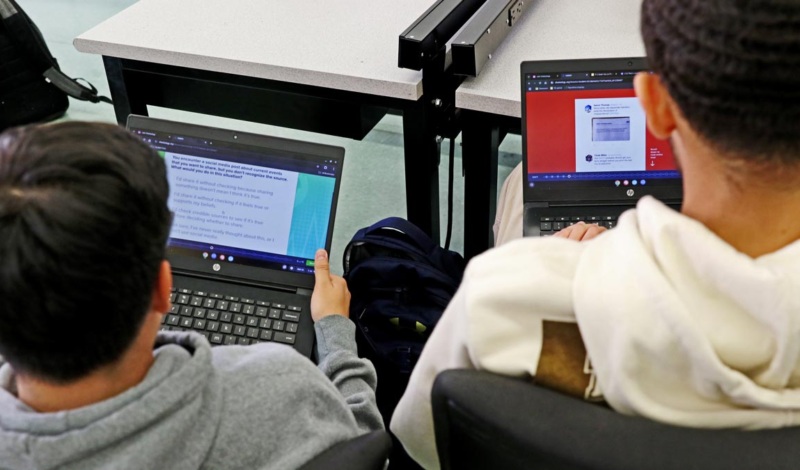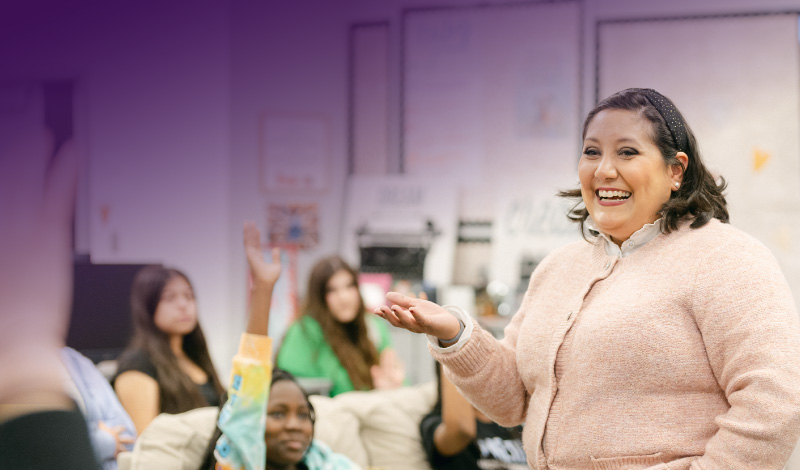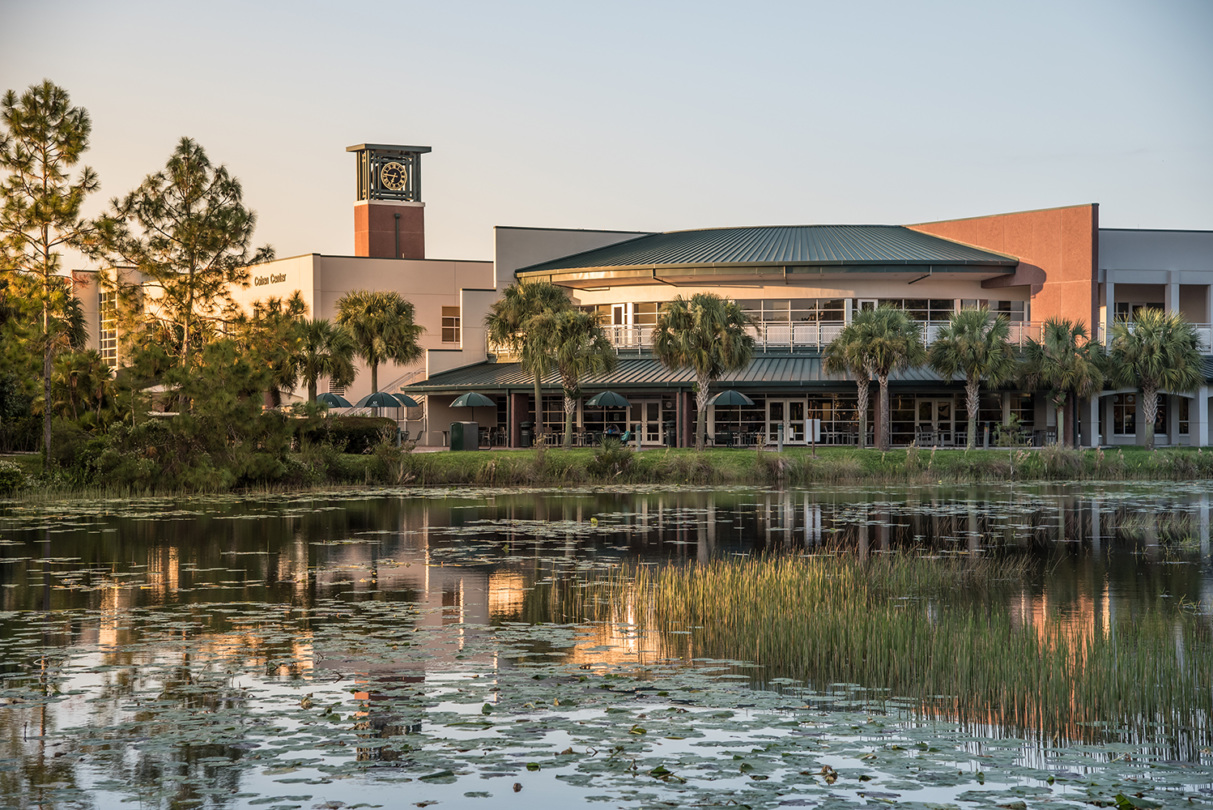
Professor brings creativity to news literacy instruction
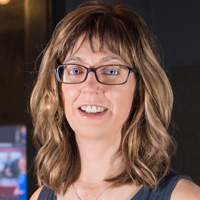

They’re already experienced at it. Millner, who teaches at Florida Gulf Coast University in Fort Myers, Fla., created the Vote Vetter project during the midterm elections in 2018. Her News Literacy class of 80 students teamed up with three professional journalists and the university’s media partner, Fox 4, to fact-check political claims in ads, tweets, mailers and news stories.
Millner was a finalist for the News Literacy Project’s 2020 Educator of the Year because of that steadfast dedication to teaching news literacy and for the many creative methods she’s used to engage students and the general public.
“I believe I have a responsibility to educate the public as well,” Millner said, noting she also speaks to community groups and book clubs. “And in the past five years, I’ve found that adults are really hungry for news literacy skills.”
Millner’s courses include News Literacy, Journalism Senior Capstone, News Editing, News Reporting and Writing and Writing for a Mass Audience — and she uses news literacy concepts in all of them. Millner requires her News Literacy students to use NLP’s Checkology® virtual classroom and begins most of her classes with a misinformation moment taken from The Sift® newsletter.
Taught to suspend judgment
One of Millner’s signature approaches is what she calls the Suspend Judgment project. Students choose a controversial topic, write down what biases they might have about that topic, and imagine what their friends and family believe about it. Then they interview those friends and family members about their views. Students then research all sides of the issue and write a paper proving they can suspend judgment on the topic, instead of winning an argument. The project tackles the confirmation bias many people fall into.
Millner also makes connections to real-life journalism for her classes. Once a week, her News Literacy students hear from a current or former professional journalist. Each semester, Mara Liasson, a national political correspondent for NPR and a Fox News contributor, visits the class. Students prepare for her visit by analyzing her use of language in NPR and Fox reports and preparing questions about her work.
Millner challenges her journalism students to think through difficult news decisions such as when to characterize a falsehood as a “lie” as opposed to an “untruth” or a “statement without evidence.” She asks her News Editing students to consider their responsibilities as news consumers, how their own bias might enter into their decisions, the use of fair language, journalism’s business model and other aspects of practicing quality journalism.
Measuring what students know
Students care about the news, but Millner notes they aren’t always aware of the credibility of their news sources and whether their information is reliable. She measures students’ progress on becoming news-literate with a survey before the semester, and NLP’s quiz (How news-literate are you?) at the end.
“Throughout the semester, I test their skills in informal ways by presenting them with information that may or may not be true and asking them to make a plan for determining whether the item is true,” she says. “They must list their steps and what they found.”
Millner is encouraged that many students from her News Literacy course, especially in recent years, have returned as teaching assistants, taking an active role in delivering news literacy lessons to their peers.
News literacy across disciplines
Millner also integrates news literacy into other departments at the university. In 2018, when the school’s philosophy majors hosted a political debate for the community, her News Literacy class live fact-checked the event. Miller also co-taught an honors course with a biology professor and virus researcher, emphasizing to students the importance of using sound journalist principles to write responsibly, accurately and fairly about their research.
She also uses creativity to attract interest. Millner has hosted First Amendment festivals at the university, including one where students were offered free pizza in exchange for naming their First Amendment rights. Many students, drawn by the pizza, walked up knowing only one or two freedoms. They walked out knowing all five.
Her creative teaching methods and rigorous attention to detail have made Millner a stalwart in the FGCU teaching community. She’s also not fazed by the new reality brought by COVID-19. Millner begins each online session with a “This week in misinformation” quiz, and the students who check in early present their findings on a piece of misinformation to the entire virtual class.
With the pandemic and the 2020 presidential election, Millner’s students will be dealing with ample amounts of misinformation. But thanks to her dedication to facts, they’ll be ready.
